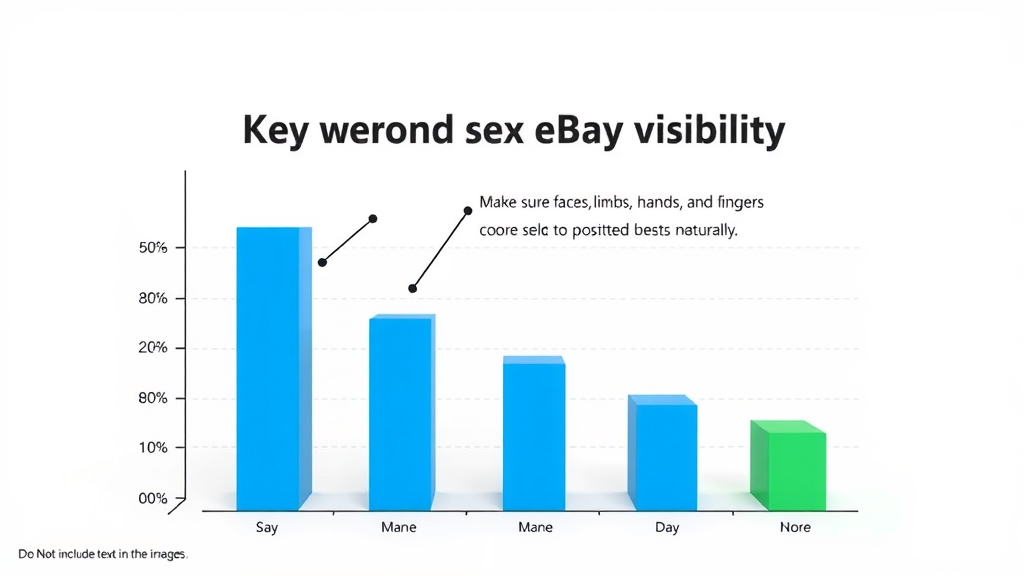Did you know that over 4.5 million apps are available on the Google Play Store? With such competition, mastering keyword research for Play Store is crucial to ensuring your app stands out. This comprehensive guide will reveal the strategies you need to increase visibility and drive downloads on the Play Store. Keep reading to discover how effective keyword optimization can transform your app's success.
Why Keyword Research for Play Store Matters
In the vast ecosystem of the Google Play Store, keywords function as the bridge that connects potential users to your app. They are integral to any developer's strategy, as they determine app discoverability . A well-researched keyword strategy can elevate your app to the top of search results, boosting both visibility and downloads.
The Impact of Keywords on App Discoverability
Keywords directly influence how users find apps. When users search for an app on Google Play, they typically input specific terms or phrases. Apps that integrate these search terms within their keyword strategy are more likely to appear in search results. This heightened visibility not only increases the potential for downloads but also enhances the app's ranking over time as more users interact with it.

Understanding Google Play Search Algorithms
The Google Play Store runs on complex search algorithms similar to those used in Google Search. These algorithms consider numerous factors, including app store keywords , ratings, downloads, and user reviews. Developers must understand how these elements interact to properly optimize their apps for better rankings. This understanding helps tailor the app’s content in a way that aligns with the criteria considered by these algorithms.
The Connection Between Search Volume and App Visibility
Search volume defines how often a particular keyword is searched within the Play Store. High search volume keywords can significantly improve app visibility, but they also come with increased competition. Striking a balance between high-volume and low-competition keywords is crucial for developers seeking to effectively position their app within user searches.

Getting Started with Google Play Keyword Research
Identifying Your Market and Competition
Before diving into keyword research , understanding your target market is essential. This involves recognizing the needs of your target audience and identifying your main competitors. By analyzing their strategies, you can pinpoint gaps in the market or keywords your competitors might have overlooked, giving your app a chance to occupy a unique space in the market.
Tools for Effective Keyword Optimization
Leveraging the right keyword tools is vital for optimizing your app. Tools such as Google Keyword Planner and specialized ASO tools provide insights into keyword trends, search volumes, and competition levels. By regularly using these tools, developers can fine-tune their keyword strategy to ensure alignment with evolving trends and user behavior in the Play Store. For advanced keyword research, consider using Keyword Finder , an AI-powered tool that offers comprehensive insights into keyword performance.
Analyzing Search Volume for Optimal Keyword Selection
Performing thorough analysis on search volumes for potential keywords helps in making data-driven decisions. By prioritizing keywords that offer a balance of high search volume and manageable competition, you elevate the chances of your app being discovered. This process involves comparing different keyword options, evaluating their performance, and continuously optimizing your app's keyword list.
Best Practices for Keyword Optimization on Google Play Store
Understanding Store Search Dynamics
The dynamics of store search play an essential role in how keywords are integrated into an app's optimization strategy. It involves understanding user habits, search intent, and how all these factors affect app visibility. Developers should aim to go beyond mere keyword inclusion by creating a cohesive strategy that reflects how actual users search for apps on Google Play.

Implementing Store Keywords Strategically
Strategic implementation of store keywords includes embedding them in critical app aspects such as titles, descriptions, and tags. This method enhances the app's relevance to user queries. However, it's crucial to avoid keyword stuffing , which can negatively impact your app's rank and user experience. Instead, focus on natural language integration that enhances readability and user engagement.
Effectively Using Short and Long Descriptions
Both short descriptions and long descriptions in your app's store listing are vitally important for search optimization. The short description should capture the app’s essence while effectively highlighting primary keywords. The long description, on the other hand, offers a comprehensive overview, providing more context and allowing additional keywords integration. This strategic use of descriptions is key to maximizing app exposure and engagement.
Enhancing Your App Store Listing
Crafting an Engaging Long Description
An engaging long description not only informs potential users but also improves keyword relevance. It should clearly outline your app's features, benefits, and unique selling points while naturally integrating relevant keywords. A well-crafted description can make a compelling case for downloads by effectively conveying the app’s value proposition.
Utilizing App Keyword Importance
Proper utilization of app keywords goes beyond insertion; it involves strategic placement within your app's meta elements and description. Keywords should be included where they add value and context, ensuring that they naturally fit into the narrative while reinforcing your app’s core functionalities and offerings.
Monitoring Search Results for Continuous Improvement
Consistently monitoring search results is imperative for maintaining and enhancing your app’s visibility. By using analytics and tracking tools, developers can observe keyword performance trends and make data-driven adjustments. Regular monitoring helps ensure that your app remains aligned with changing market demands and algorithm updates.

Advanced Strategies for Play Store Optimization
Exploring the Role of Keyword Tools
Advanced keyword tools provide deeper insights into competitive analysis and trend forecasting. By utilizing these tools, developers can unearth hidden opportunities in keyword selections, optimizing for terms that competitors may ignore. Such strategic insights enable more focused and effective app store optimization campaigns.
Aligning App Store Optimization with Search Trends
Keeping abreast of current search trends ensures that your app store optimization strategy remains relevant and effective. This involves regularly updating your keywords and descriptions to reflect newly emerging user interests and behaviors. By aligning your strategy with these trends, you enhance your app’s relevance and attractiveness to potential users.
Integrating Keyword Updates in App Store Search
Regularly updating keywords within your app store listing ensures your app remains competitive. This involves continuously evaluating existing keywords and replacing underperformers with better-suited alternatives. Integration of keyword updates is crucial for maintaining high visibility and supporting sustained increases in downloads.
Conclusion
Summarizing Key Takeaways and Future Trends
Effective keyword research for Play Store involves understanding market dynamics, continuously analyzing search volumes, and adapting to evolving trends. Future advancements will likely focus on more sophisticated AI tools and strategies, providing even greater opportunities for effective store optimization.

 Add Row
Add Row  Add
Add 



